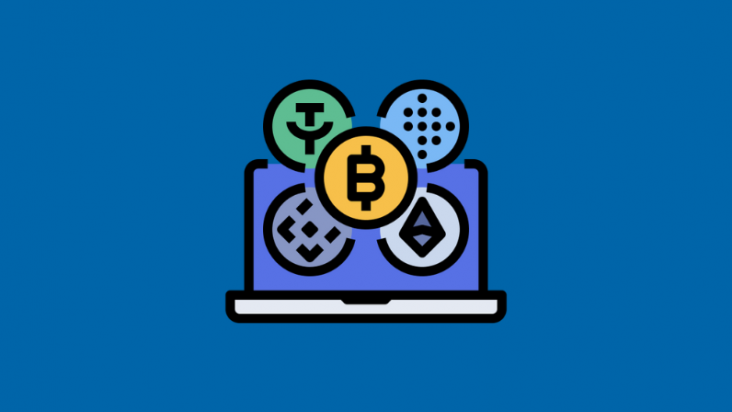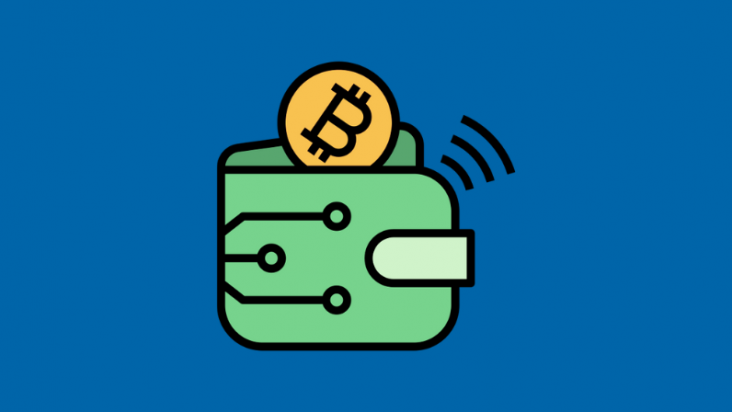

In the world of sports entertainment, fantasy betting and gambling are two popular activities that often get confused. While both involve competition and the chance to win money, they are fundamentally different. Fantasy betting is a game of skill that rewards strategic thinking and sports knowledge, whereas gambling relies primarily on luck. Understanding these differences can help players make more informed choices and enjoy the experience responsibly.Fantasy betting involves selecting and managing virtual teams composed of real athletes competing in actual sports events. Participants earn points based on the real-life performance of these athletes. Success in fantasy betting relies heavily on research, knowledge of sports, and strategic team management.
In contrast, gambling refers to risking money on games or events whose outcomes are primarily determined by chance. This can include activities such as slot machines, roulette, and traditional sports betting.
Core Difference: Strategy vs. Chance
The key distinction between fantasy betting and gambling lies in the role of strategy versus randomness:
- Fantasy Betting: Success in fantasy betting requires analytical thinking, knowledge of sports statistics, and an understanding of player performance trends. Participants must carefully select players, manage lineups, and make decisions that influence outcomes.
- Gambling: Outcomes in gambling are primarily determined by chance. Players have minimal or no control over the final result. Games like roulette or slot machines provide no opportunity to apply knowledge or strategic thinking to improve odds.
This fundamental difference is why fantasy betting is often categorized as a skill-based activity, while gambling is seen as a high-risk chance-based activity.
The Role of Skills and Strategy in Fantasy Betting
Fantasy betting is far from a game of chance. It demands a strong understanding of sports statistics, player performance metrics, and event trends. Successful fantasy players dedicate time to research, analyzing past performances, injury reports, and team dynamics to make informed decisions. A well-constructed fantasy team is built on understanding the interplay between players, team strategies, and matchups, as opposed to relying on random luck.
Statistical analysis plays a pivotal role in evaluating players. Metrics such as player efficiency ratings, injury history, and matchup history against specific opponents are crucial in making predictions. Without these skills, players risk making decisions based purely on intuition rather than data-driven insights.
In fantasy football, for example, a manager might pick a quarterback who excels against weaker defenses or a running back who thrives in rainy conditions. Being aware of injury reports or the likelihood that a key player might be limited in play can also make or break a lineup.
In basketball, selecting a player known for consistently getting double-doubles against teams with poor defense in the paint is a strategic move. These decisions are all based on stats and trends, which is what sets fantasy betting apart from gambling, where outcomes are driven mainly by chance.
Fantasy betting rewards those who can research, analyze data, and make smart choices—skills that aren’t part of pure gambling.
The Role of Chance in Gambling
In gambling, the outcome is largely determined by random events. Games like roulette, slot machines, and poker rely on elements that players cannot control, such as the roll of a die, the spin of a wheel, or the shuffle of cards. This inherent randomness is why gambling is often classified as a game of chance, where players have little to no influence over the result.
In games like these, even if a player has experience, their success is primarily driven by luck. There are no strategic moves that can guarantee a win—everything from the cards dealt in blackjack to the results of a slot machine spin is entirely random.
Comparison with Fantasy Betting, Where Chance is Secondary
In contrast, fantasy betting introduces an element of skill, making chance a secondary factor. While random events, such as unexpected player injuries or surprising upsets, can affect outcomes, players have the ability to minimize this randomness through research and strategy.
In fantasy betting, you can analyze statistics, track player performance trends, and adjust your strategies based on this information. For example, in fantasy sports, a player might adjust their team lineup based on upcoming matchups or a key player’s form, whereas in gambling, such adjustments have no bearing on the outcome.
While chance does play a role in fantasy betting, its impact is much less significant compared to gambling, where random outcomes are the primary driver of success or failure.
Why Many Consider Fantasy Betting a Safer Option
One of the main reasons fantasy betting is seen as a safer alternative to gambling is the emphasis on skill rather than luck. Because participants can make informed decisions based on player statistics and trends, they have more control over their outcomes. In contrast, gambling, especially casino games, relies almost entirely on chance, making it far riskier for those who may not fully understand the odds or the game mechanics.
Additionally, fantasy betting tends to be less addictive due to its strategic nature. Players are often focused on the sport itself and enjoy the process of analyzing athletes and game statistics. In comparison, gambling can be more psychologically addictive due to the thrill of uncertainty and the potential for large, quick financial gains, leading to greater risk of problematic behavior.
How Fantasy Betting is Viewed as an Enjoyable Hobby, While Gambling Can Lead to Addiction
Fantasy betting is largely viewed as a form of entertainment, with many participants seeing it as a way to engage more deeply with their favorite sports. It often promotes social interaction and friendly competition through fantasy leagues. Since fantasy betting is skill-based, players feel a sense of accomplishment from making informed decisions and managing their teams, which can make the experience more enjoyable and less stressful.
In contrast, gambling can lead to significant financial loss and addiction, particularly with games of pure chance. The potential for addiction is greater in gambling because players can get caught in a cycle of chasing losses or betting more to win big, which can lead to negative consequences for mental health and finances.
The difference in regulation also plays a role in how these activities are perceived. Many countries classify fantasy betting as a game of skill, allowing for more lenient regulations compared to traditional gambling. However, legal frameworks vary, and in some regions, fantasy betting is still a subject of debate. For a detailed analysis of how different countries regulate fantasy betting, see Fantasy Betting: Legal Regulations and Global Differences.
Understanding the Difference Between Fantasy Betting and Gambling
To summarize the distinctions between gambling and fantasy betting, here’s a comparison:
| Aspect | Gambling | Fantasy Betting |
| Main Factor | Based on chance and randomness | Based on skill, strategy, and knowledge |
| Player Influence | Minimal to none—outcomes are unpredictable | Significant—players can analyze and strategize |
| Example Games | Roulette, slots, lottery, traditional sports betting | Fantasy football, fantasy basketball, DFS contests |
| Regulation | Strictly regulated as high-risk betting | Often classified as a skill-based competition |
| Addiction Risk | High—due to fast-paced nature and potential for loss | Lower—focuses on analysis rather than impulsive betting |
| Outcome Control | No control over results | Players can optimize decisions based on statistics |
| Perception | Often linked to financial risk and addiction | Viewed as a hobby and strategic competition |
This table highlights the fundamental differences, showing that while gambling is driven by luck, fantasy betting rewards skill and analysis.
In summary, while both fantasy betting and gambling offer the thrill of competition and the chance to win, they are fundamentally different in terms of strategy, risk, and regulation. Fantasy betting is a skill-based activity that rewards knowledge, strategy, and careful analysis of athletes and events, with much less reliance on chance. This makes it a safer, more controlled form of entertainment, often viewed as a hobby by its participants.
On the other hand, gambling relies almost entirely on luck and carries higher risks, which is why it is more strictly regulated. The potential for addiction and financial harm is greater in gambling, making it a much riskier activity.
By understanding these key differences, participants can make informed choices, whether they’re looking for a strategic challenge in fantasy betting or the excitement of chance in gambling.








